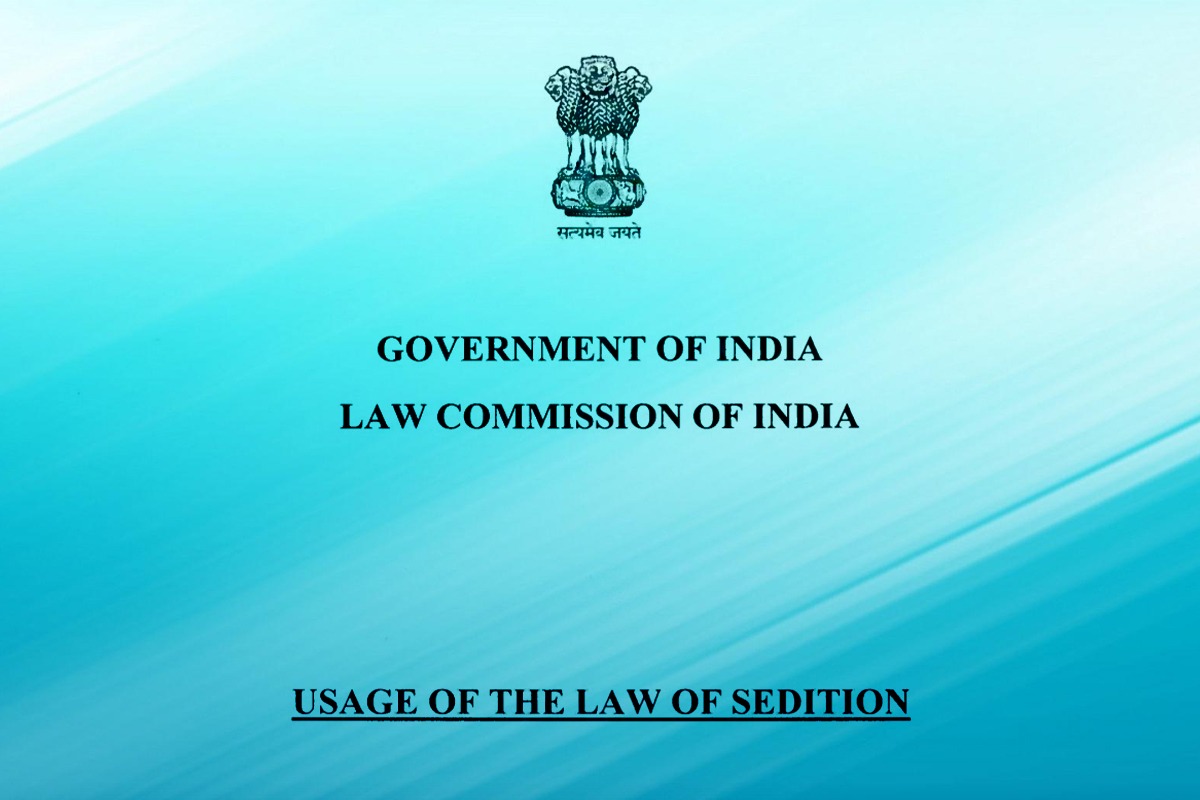
India’s Sedition Law, as recommended by the Law Commission, is a crucial step towards preserving national security

The retention and reinforcement of India’s Sedition Law, as recommended by the Law Commission, have ignited a much-needed discussion on the country’s security landscape.
With an array of threats permeating various regions, the importance of a robust law like sedition cannot be understated. The report put forth by the commission makes a compelling case for the necessity of a sedition law in India with better safeguards that makes it less prone to misuse by those in power.
The report highlights the alarming role played by social media in promoting radicalization and inciting animosity against the government. In many instances, these activities are instigated and facilitated by foreign powers with adversarial intentions. To effectively counter such subversive elements, it is imperative to have a statutory provision like Section 124A of the Indian Penal Code (IPC) in place.
READ MORE: TNI Editorial : Don’t delete Mughals; write their whole truth for children
This section serves as a formidable weapon in the fight against anti-national and secessionist forces, aiming to protect the elected government from violent and illegal attempts to overthrow it. The stability and security of the state rely heavily on the continued existence of a government established by law.
Therefore, it becomes imperative to retain Section 124A and ensure that all potential subversive activities are nipped in the bud. By doing so, India can effectively safeguard its democratic institutions and maintain social harmony.
While concerns about freedom of expression are raised in opposition to sedition laws, the commission clearly states that it falls within the ambit of “reasonable restrictions” under Article l9(2). It is also important to distinguish between the sedition law and other legislations that deal specifically with terrorism and subversion.
READ MORE: EDITORIAL: India Taken Over By Rioters?
Acts like the Unlawful Activities (Prevention) Act (UAPA) and the National Security Act (NSA) are tailored to address terrorist activities, whereas Section 124A of the IPC focuses on preventing the violent and unconstitutional overthrow of a democratically elected government.
It is essential to recognize that these laws serve distinct purposes, ensuring that each offence is dealt with appropriately under the relevant legislation.
Without the presence of Section 124A, expressions inciting violence against the government would fall under the purview of special laws and counter-terror legislations, which often entail more stringent provisions, the report rightly argues.
The retention of a separate sedition law prevents potential misuse of these broader legislations and allows for a more nuanced approach in tackling offences related to the government’s stability.
In a country as diverse and complex as India, with a multitude of threats and challenges, a law like sedition becomes a critical tool in maintaining national security.
It strikes a delicate balance between preserving freedom of expression and protecting the interests of the state. As India continues to navigate a complex security landscape, the sedition law stands as a necessary safeguard against forces that seek to undermine its democratic fabric.
You May Also Like